Taking medications as prescribed is crucial for individuals living with dementia, but they may require assistance in doing so. Certain medications must be taken at specific times of the day, with or after meals, or on an empty stomach.
ATLAS eMAR, our electronic medication administration record system, helps care organisations transform how residents and carers experience and deliver care, from tracking medication administration to managing stock and inventory medications in real-time.
Cornford House care home, which mainly accommodates physically frail older people and offers nursing care support to people living with dementia, is 'thrilled' with ATLAS eMAR's technology.
''Since implementing ATLAS eMAR, medication rounds have been much more efficient, and staff are not 'rushed' to complete them - this allows them to give more attention and support to residents, especially those living with dementia.''
Lorraine Cousins, Care Home Manager, Cornford House








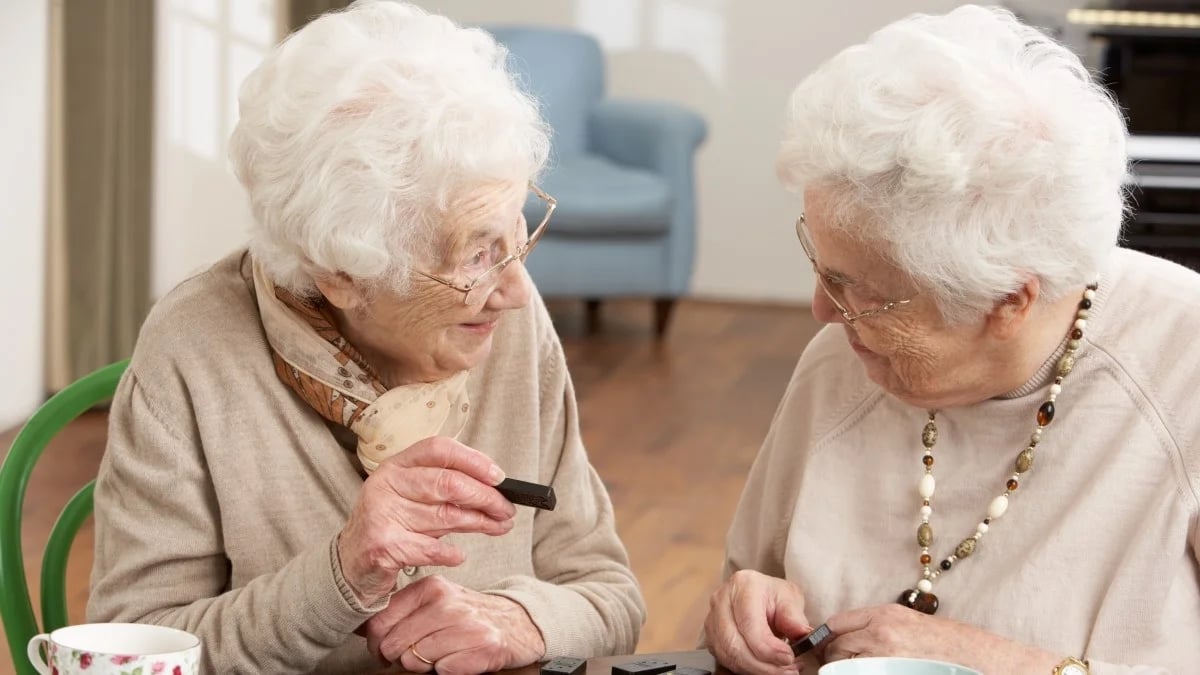

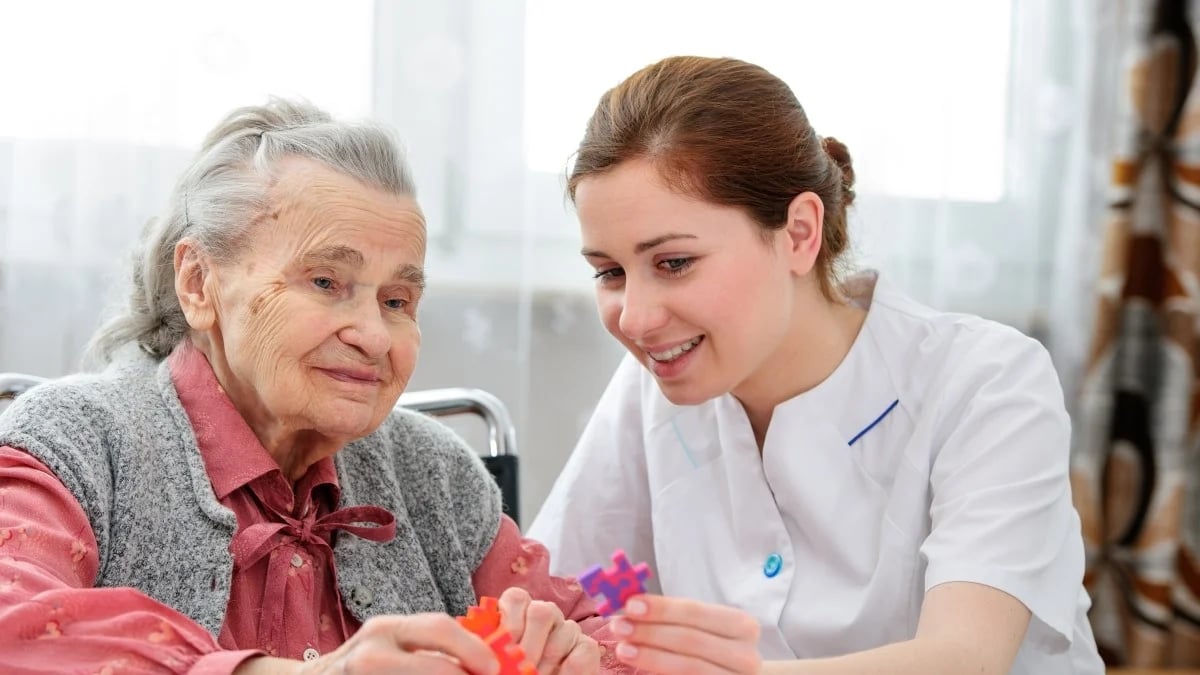
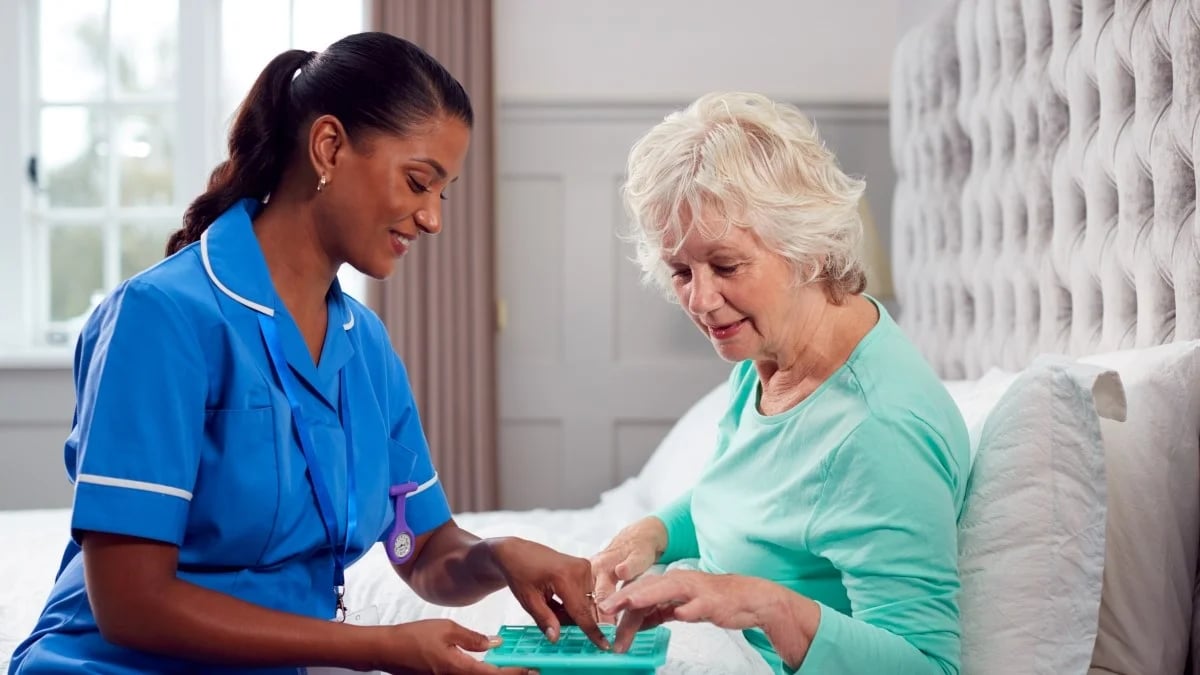


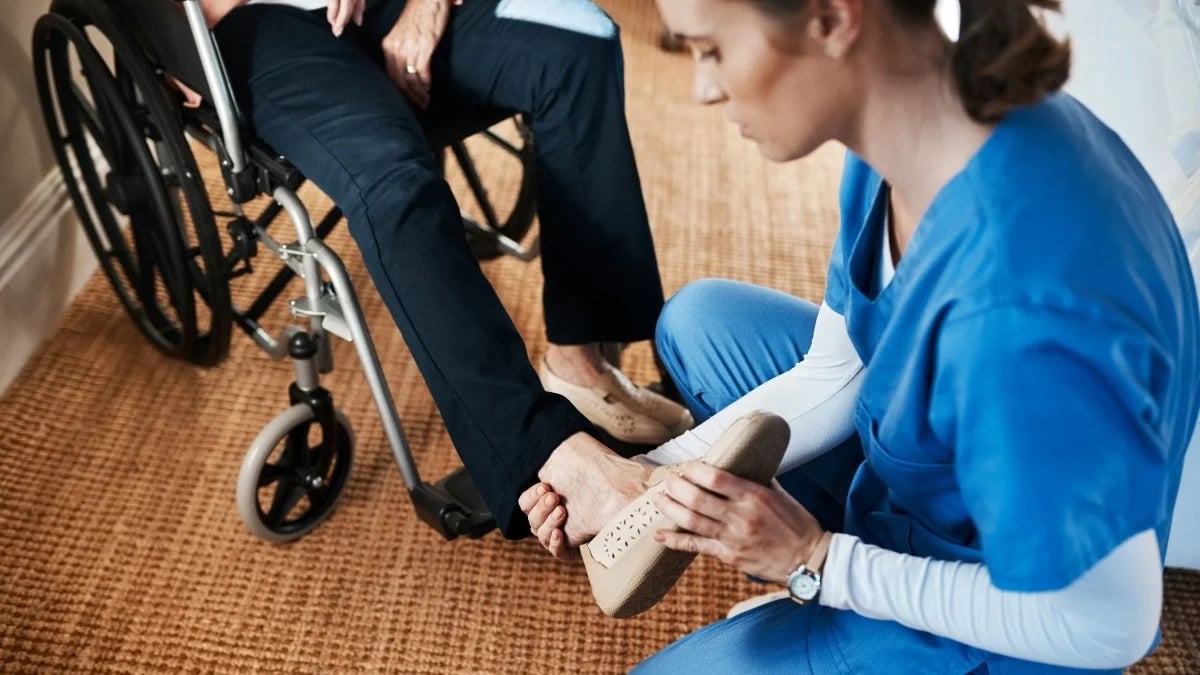





.webp?width=800&height=533&name=Oomph%20mock%20up%20(3).webp)







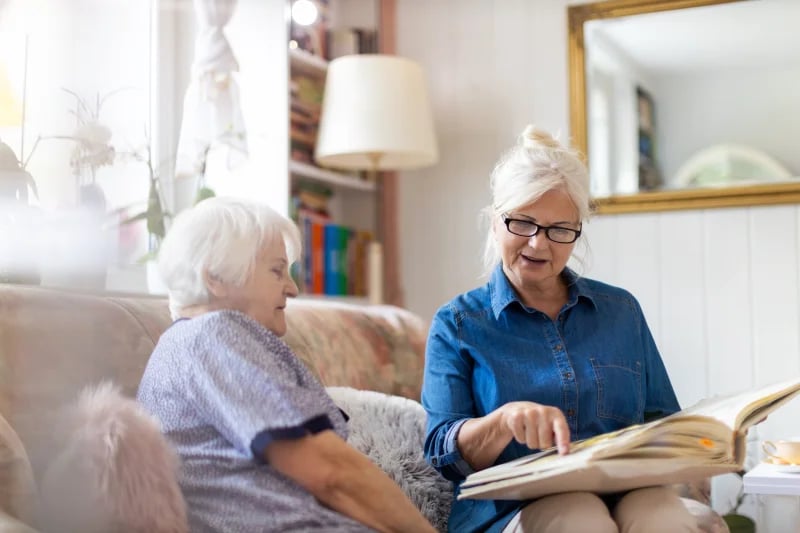
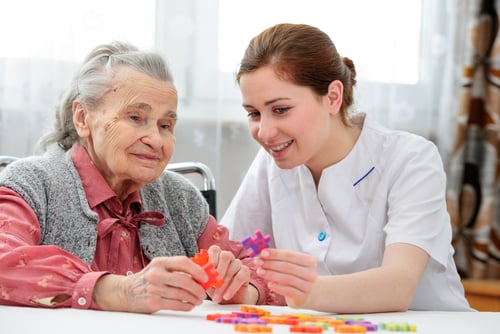
.webp?width=800&height=533&name=puzzles%20(1).webp)

.webp?width=2000&height=1333&name=shutterstock_2472675017%20(1).webp)



.webp?width=80&height=80&name=HTD%20Awards%202023%20Badge%20(4).webp)














